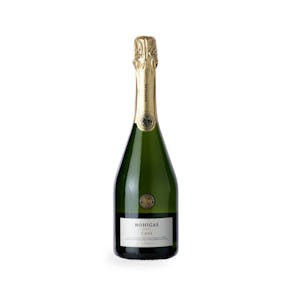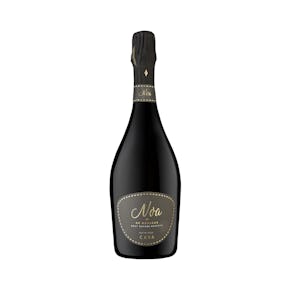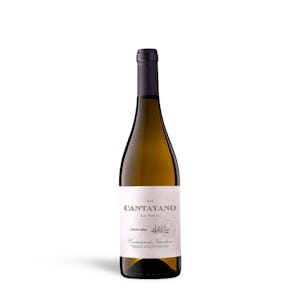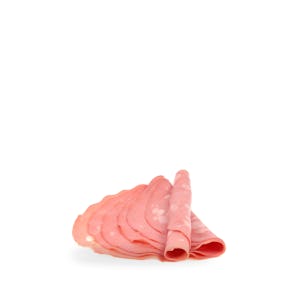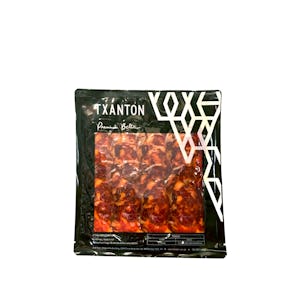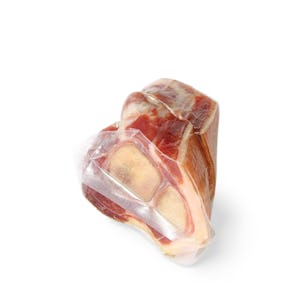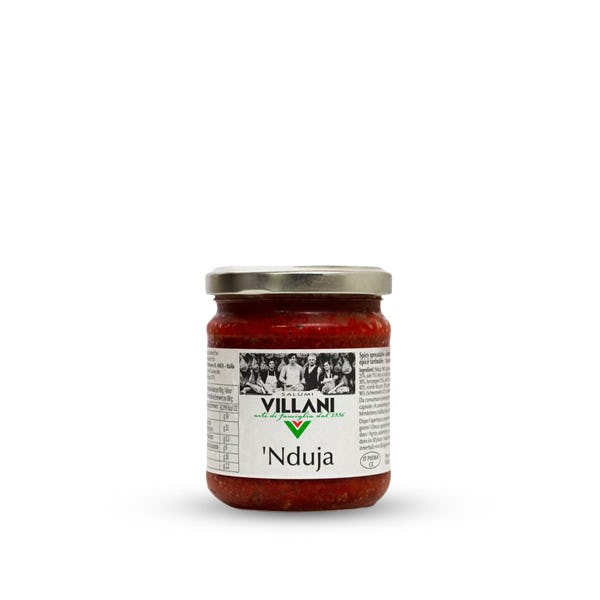
TASTING NOTES FROM THE CURATOR
Nduja—pronounced “en-DOO-ya,” comes from Calabria in Southern Italy. It’s made with fatty ground pork, ground Calabrian chilies, and salt. It’s fermented in warm, climate-controlled chambers for 12 to 36 hours, then moved to a chamber with a cooler temperature, and aged for longer.
Nduja is a buttery, spreadable salami (or salume), and has a great flavor—salty, spicy-sweet, subtly funky, and very yummy.
PREPARATION AND PAIRINGS
Honestly, what can’t you do with nduja? It’s one of those things that you’d want to put in everything. The most basic way to enjoy it is spread on toasted crusty bread, of course. You can include them in scrambled eggs for a spiced-up breakfast. Combine it with mayonnaise to spread onto sandwiches, or to use as dip. You can even stir it in tomato pasta sauce, or include it in your macaroni and cheese for a more adult version.
THE EQUILIBRIUM OF TRADITION AND MODERNITY
Founded in 1886 in Castelnuovo Rangone, near Modena, Villani was properly established when Ernesta and Costante Villani bought a building in the town center. They were already marketing dry-cured ham, and with this venture, they expanded to producing salami, coppa, bacon, mortadella, and cooked ham.
In the 1930s, the company was already well into exporting. And Giuseppe, their son (one of eleven) had gotten an idea when he returned from the States. Drying hangers would revolutionize dry-cured pork production processes.
The idea was quickly adopted by more and more charcuterie producers, and these mobile hangers are still used today as basis for the modern drying process. But Giuseppe’s passion did not stop there. He went all over Italy, searching for new regional recipes and methods, gathering experience along the way. Eventually, Villani expanded their production to more regional specialties, sold both worldwide and in the areas where the recipes originated, which served as great recognition and appreciation for the quality of their meats.
Villani now was five processing sites, catered to making different meats according to DOP and IGP labels. The meats are still made with traditional means—manual skills fundamental to the quality, but they have also adapted to modern systems and research. The family’s coexisting spirits of tradition and modernity allowed the company to bloom into what it is now.
Storage Instructions
Once opened, store your nduja in the refrigerator. Consume within 30 days.


